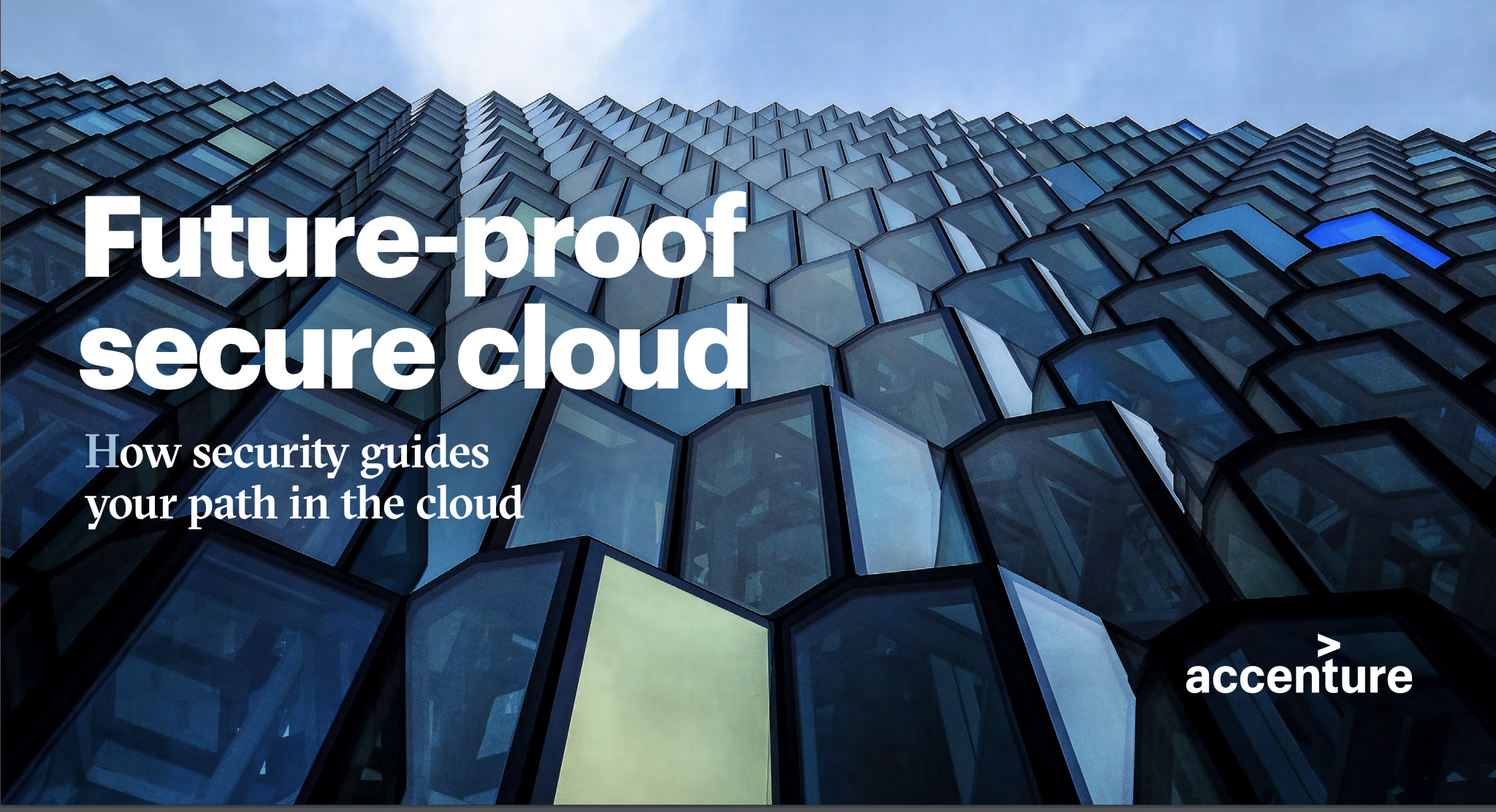
researchHQ’s Key Takeaways:
- Organisations must adjust their approach to digital integration to keep up with the growing adoption of hybrid cloud environments and decentralized Agile-based containerization frameworks.
- Successful enterprise transformation is enabled by quick and easy integration, the adoption of modern integration methods, and agility.
- Companies should adopt a comprehensive integration platform that covers messaging, legacy and cloud integration and high-speed file transfer.
- A third party vendor can simplify the integration modernization journey by reducing transformation costs and total cost of ownership.
Navigating a paradigm shift and cultural change in integration.
Integration is a prominent layer in all enterprises, and it is one that is evolving. Today, many enterprises focus on becoming cloud-ready and adopting newer digital technologies such as artificial intelligence (AI), Internet of Things (IoT), Cloud, and Big Data to bring their customers a more seamless and superior digital experience. To meet these growing and challenging demands, the focus of integration has shifted from on-premises to hybrid cloud and from service-oriented architecture (SOA) to decentralized Agile-based containerization frameworks.
This paradigm shift has necessitated a cultural change in the way integration is managed and has provided a unique opportunity to rediscover and simplify the integration journey.
Technology is changing
Business transformation usually happens at a broad level, with technology as the backbone. Legacy modernization, cloud-first approaches, and adoption of newer digital technologies such as artificial intelligence (AI), IoT, and Big Data all present the same key challenges:
- How can we build a superior customer experience by unlocking the value of an existing system of records?
- How can we innovate with cloud integration, cognitive, and AI services?
- How can we create next-gen systems with speed?
The success of your enterprise transformation depends on the following key factors:
- Quick and easy integration: Reduce the complexity and build new integration rapidly.
- Adoption of newer ways of integration: Microservices, event-based, and IPaaS.
- Agility: In development, deployment, and operations.
Therefore, enterprises have started focusing on building next-gen digital integration platforms.
Integration is changing
To adapt to next-gen digital integration, winning organizations focus on shifting from product-based solutions to a platform-based approach instead of assimilating different integration products.
In order to stay ahead of new demands and be future-ready, organizations require a platform that can cater to end-to-end integration needs and run in an open and flexible environment. The IBM Cloud Pak® for Integration is a next-gen integration platform that helps support a wide range of agile integration requirements, like cloud integration, API-first strategy, microservices, containers, hybrid cloud, and more.
The IBM Cloud Pak for Integration platform provides the flexibility of being able to run part of the workload inside a virtual machine (VM) and the other part inside containers. This allows the customer to achieve the best of both traditional and cloud-native abilities.
The solution approach is changing
The transition from traditional, on-premises, centrally managed integration platforms to a next-gen digital integration containerized setup entails a huge shift for numerous enterprises. Many organizations look to IBM business partners for help to navigate this shift. Tata Consultancy Services (TCS) is one such longstanding IBM partner, with over a decade of proven integration experience.








